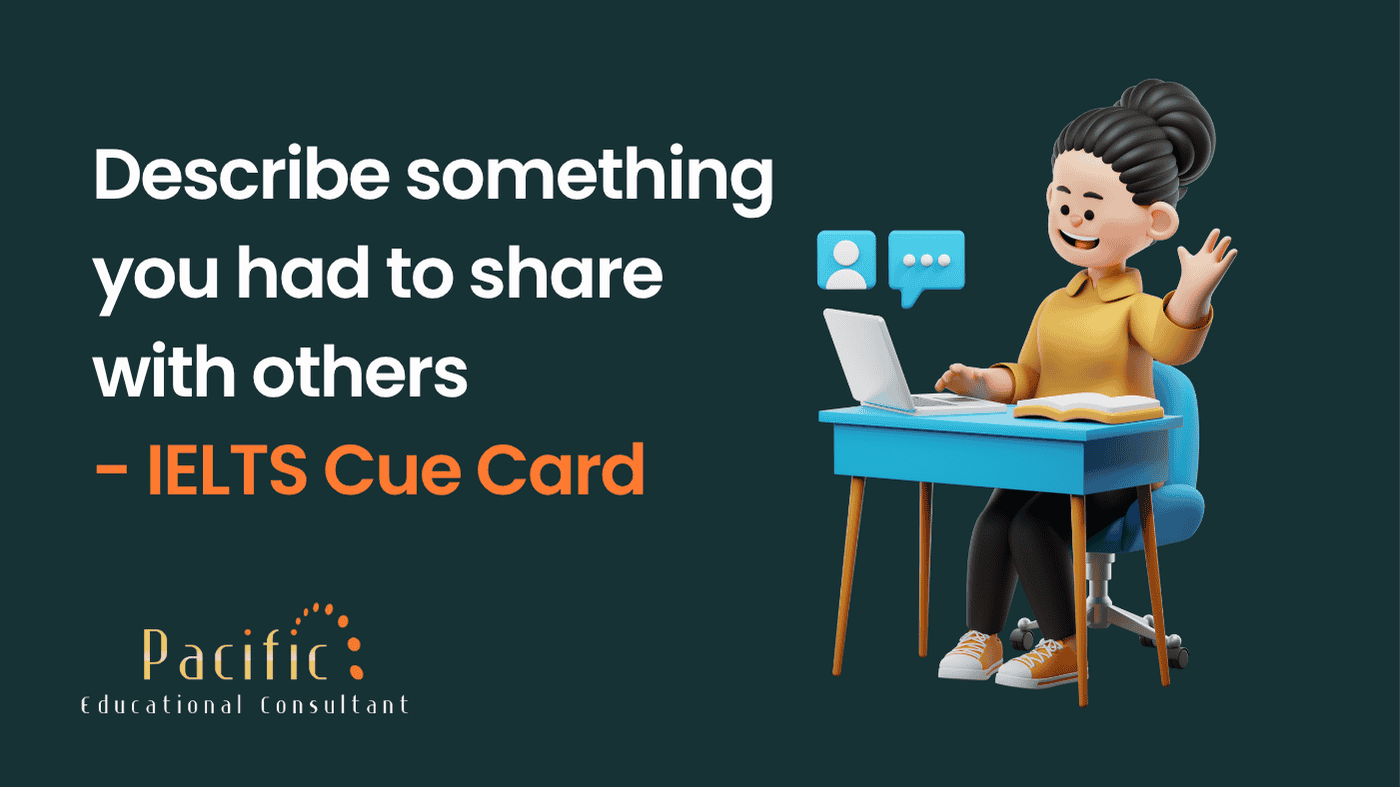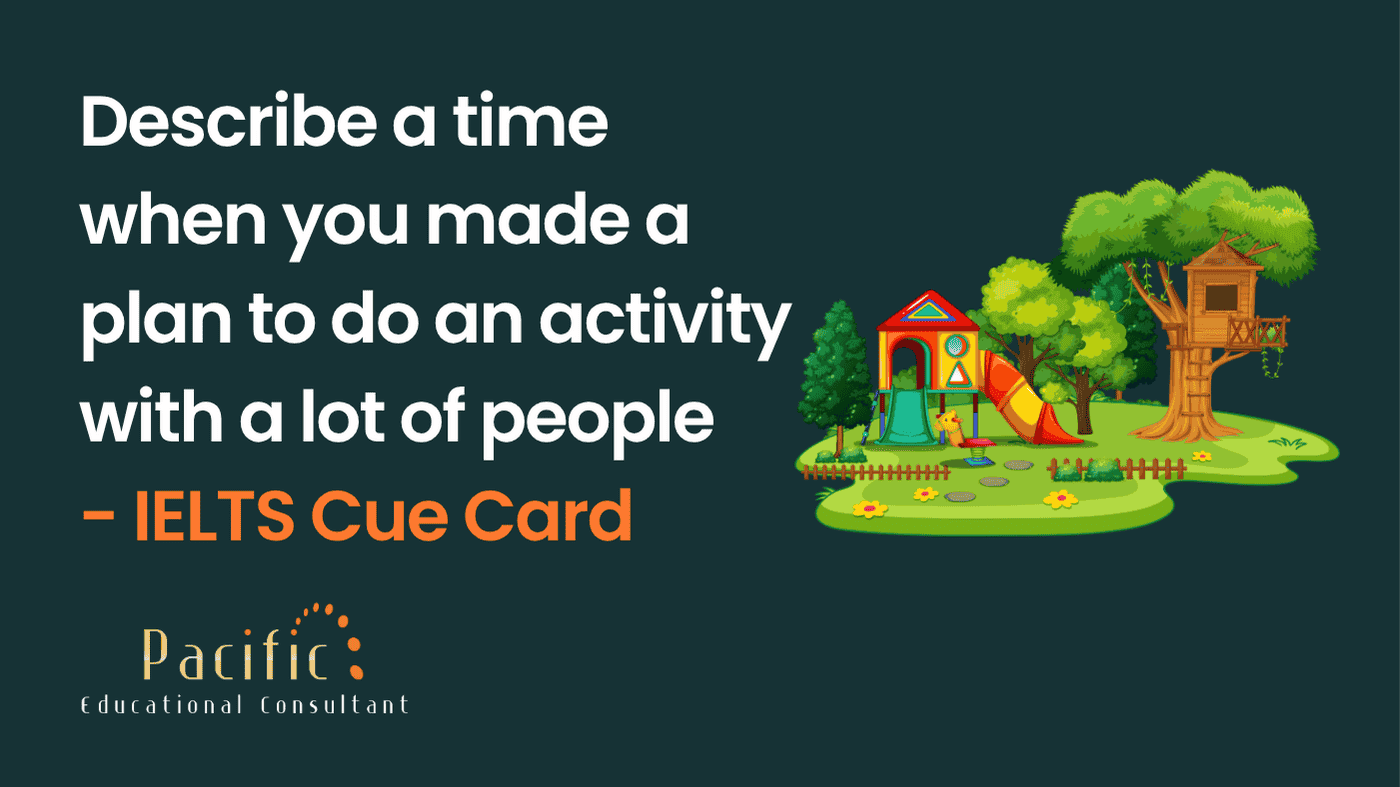


You should say
I once had to share my laptop with my younger sister when her computer suddenly stopped working right before her online exams. My laptop was the only working device at home at that time, so it became our shared study tool for a few weeks.
I shared it with my younger sister, who was in her final year of school. She needed it urgently to attend her online classes, complete assignments, and appear for tests.
I had to share it because it was an unavoidable situation—her computer broke down unexpectedly, and due to the lockdown, we couldn’t get it repaired quickly. Since her exams were important, I adjusted my own schedule so she could use my laptop during her class hours.
Initially, it was a little inconvenient because I also had my own work to complete. However, I felt happy that I could help her during a stressful time. Sharing something important like that taught me patience, cooperation, and the value of supporting family members when they need it most.
Not always. Most kids are naturally possessive because they don’t yet understand the concept of ownership and empathy. However, with proper guidance, they gradually learn that sharing builds friendship and trust.
Parents can teach sharing by setting examples—like sharing food at the dinner table or playing cooperative games. Encouraging small acts of kindness and praising such behaviour helps children develop generosity.
Sharing helps children build social skills, teamwork, and empathy. It teaches them cooperation and patience, which are essential for maintaining healthy relationships later in life.
Yes, parents often encourage children to share toys, snacks, and study materials with siblings or friends. This helps them understand fairness and the joy of giving without expecting anything in return.
Governments can promote shared transport by improving public transit systems, offering discounts for carpooling, and raising awareness about environmental benefits like reduced traffic and pollution.
Sharing food during celebrations strengthens relationships and symbolizes unity. It creates a sense of belonging and joy, reminding everyone that happiness multiplies when shared with others.

Describe a skill that you can teach other people - IELTS Cue Card

Describe a person who inspired you to do something interesting - IELTS Cue Card

Describe an impressive English lesson you had and enjoyed - IELTS Cue Card

Best European Countries That Accept Study Gap After 12th

Describe a friend from your childhood - IELTS Cue Card

Describe an advertisement which introduced a product you have seen - IELTS Cue Card

Describe something you had to share with others - IELTS Cue Card

Describe an object that you think is beautiful - IELTS Cue Card

Describe a photo you took that you are proud of - IELTS Cue Card

Describe a time when you made a plan to do an activity with a lot of people - IELTS Cue Card